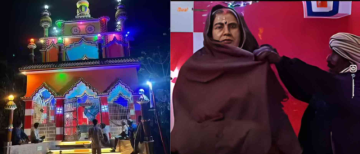As a result of ethnic violence in Sudan's West Darfur region last year, 10,000 to 15,000 people died, according to a UN report that Reuters got. The victims included Arab militias and the paramilitary Rapid Support Forces (RSF). Additionally, the report talks about the United Arab Emirates' (UAE) role in providing military support to the RSF. According to the monitors, the attacks could have been war crimes and crimes against humanity.
The Death Toll and Ethnic Violence:
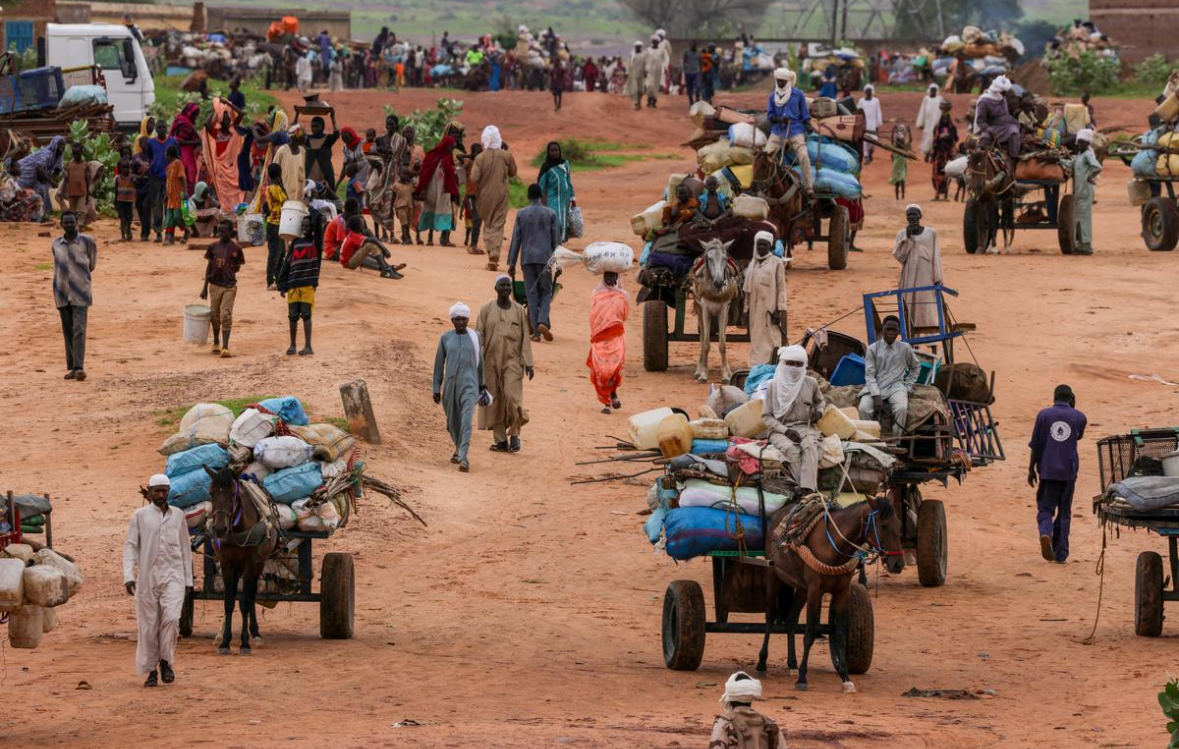
The report cites intelligence sources as the source of the death toll in El Geneina, a city in West Darfur. This number is compared to the United Nations estimate of 12,000 deaths in Sudan since the conflict began in April 2023. The RSF and their affiliated militias planned and coordinated attacks against the Masalit tribe, an ethnic African group, in El Geneina. The monitors characterize the violence as severe, with the potential for crimes against humanity and war crimes.
UAE's Partiality:
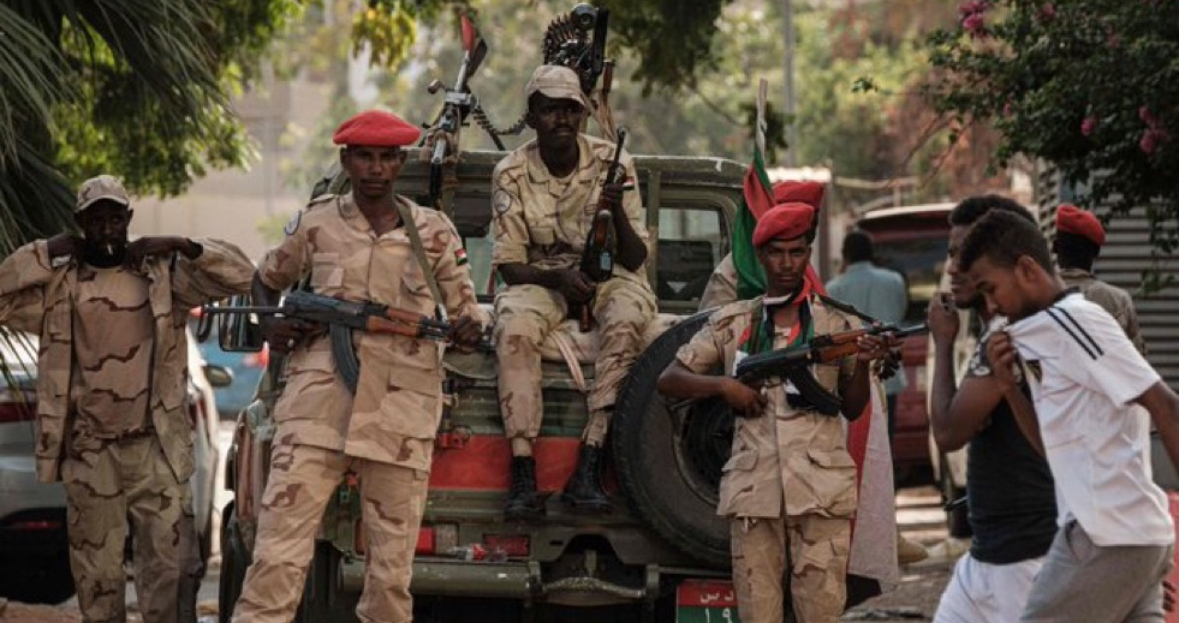
The report also emphasizes the supposed military assistance to the RSF from the UAE. According to the monitors, who find the accusations credible, the UAE supported the RSF militarily multiple times a week via Amdjarass in northern Chad. But according to the UAE, the planes that went to Amdjarass were carrying relief supplies for Sudanese people who were escaping the fighting. Approximately 500,000 people are said to have fled Sudan into eastern Chad, according to UN reports.
Abuse of Human Rights and Violence:
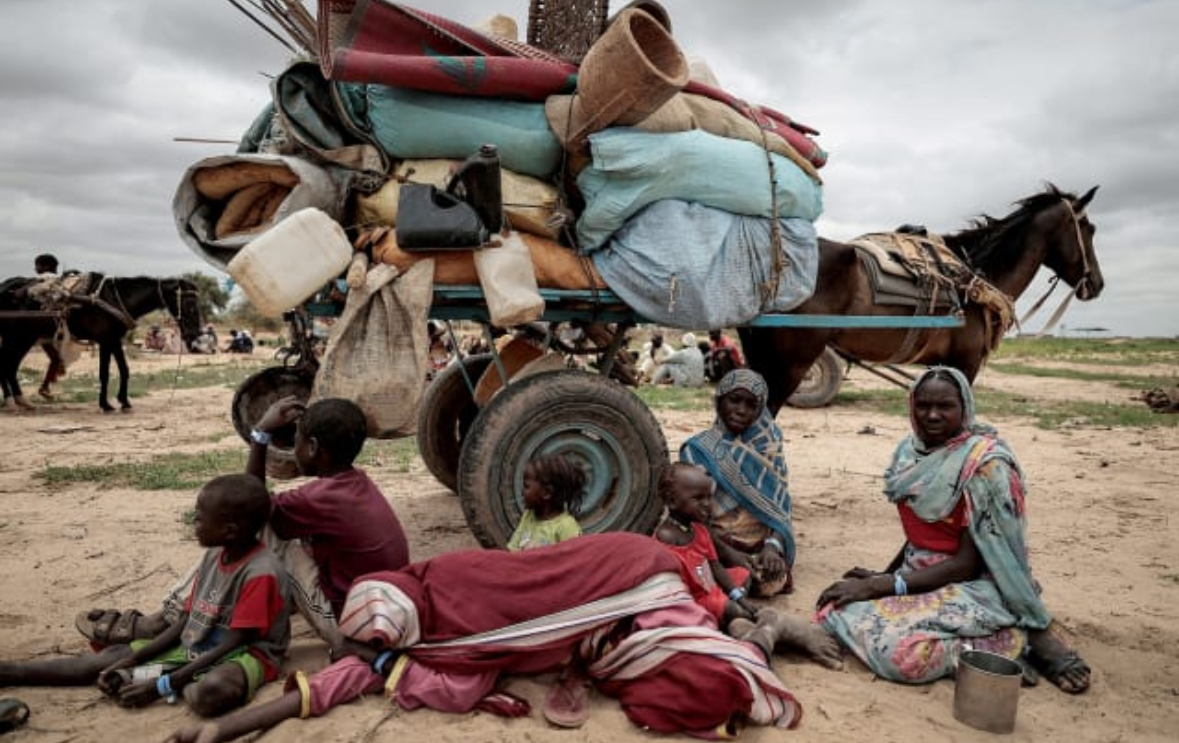
Survivor testimonies and Reuters interviews support the monitors' observations. At RSF checkpoints, there was physical assault, robbery, harassment, and separation of men and women. The RSF and its allied militias randomly shot hundreds of people in the legs to prevent them from escaping. Young men were summarily executed with shots to the head, especially those identified as Masalit. Women experienced physical and sexual abuse, and random shootings left women and children injured or dead. The monitors also record widespread sexual violence associated with conflicts carried out by the RSF and affiliated militias.
The Financial Networks and Strategies of RSF:
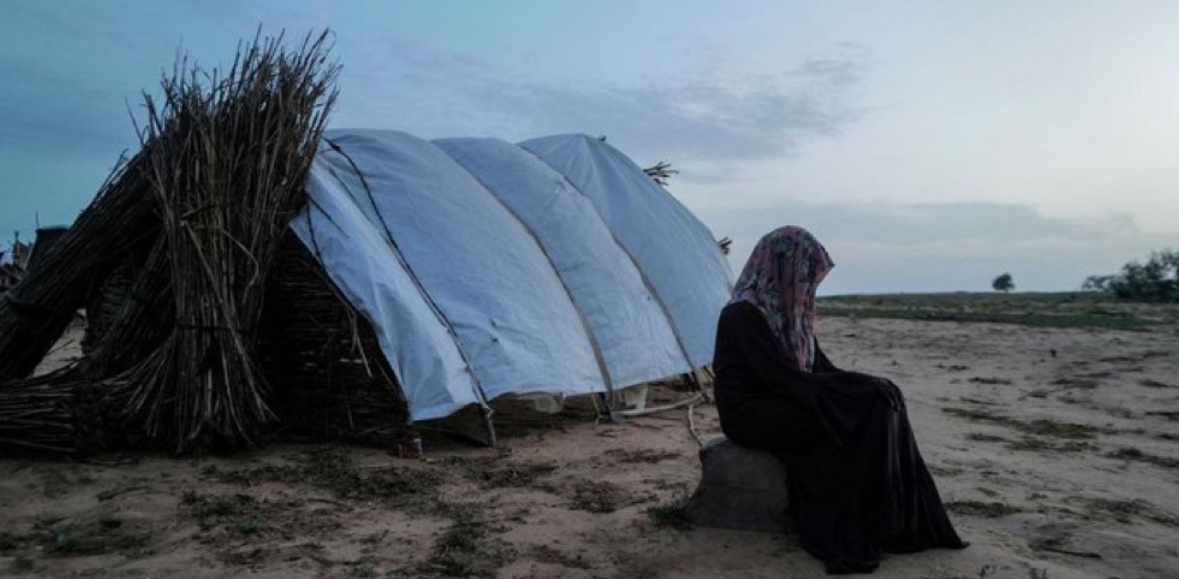
Three pillars of support were necessary for the RSF to seize control of Darfur: the Arab-allied communities, intricate financial networks, and new military supply routes via South Sudan, Libya, and Chad. The monitors draw attention to the RSF's creation of intricate financial networks that allowed them to purchase weapons, make payroll, finance media campaigns, and extort assistance from other organizations. The RSF established a network of up to 50 businesses across a range of industries using the money it made from its pre-war gold business. Additionally, most of the gold that was previously exported to the UAE is now being smuggled into Egypt, according to the monitors.
Global Reaction and Humanitarian Emergency:
The RSF and affiliated militias were among the warring groups in Sudan that the US officially declared to have committed war crimes, crimes against humanity, and ethnic cleansing in December. Due to the war, 7.5 million people, or almost half of Sudan's population, are in need of aid, making this the world's largest displacement crisis. The report comes to the conclusion that the humanitarian crisis endures, the war rages on, and a political settlement is still out of reach despite numerous attempts at mediation.
The UN report highlights the startling number of fatalities and violations of human rights in the West Darfur region of Sudan. The involvement of the RSF, affiliated militias, and alleged UAE support make the situation more complicated and serious. In order to address the ongoing violence, facilitate a political settlement, and deliver much-needed humanitarian aid to the affected population, the international community must act decisively.
(With inputs from agencies)
(Image Source : Multiple Agencies )
© Copyright 2024. All Rights Reserved Powered by Vygr Media.





